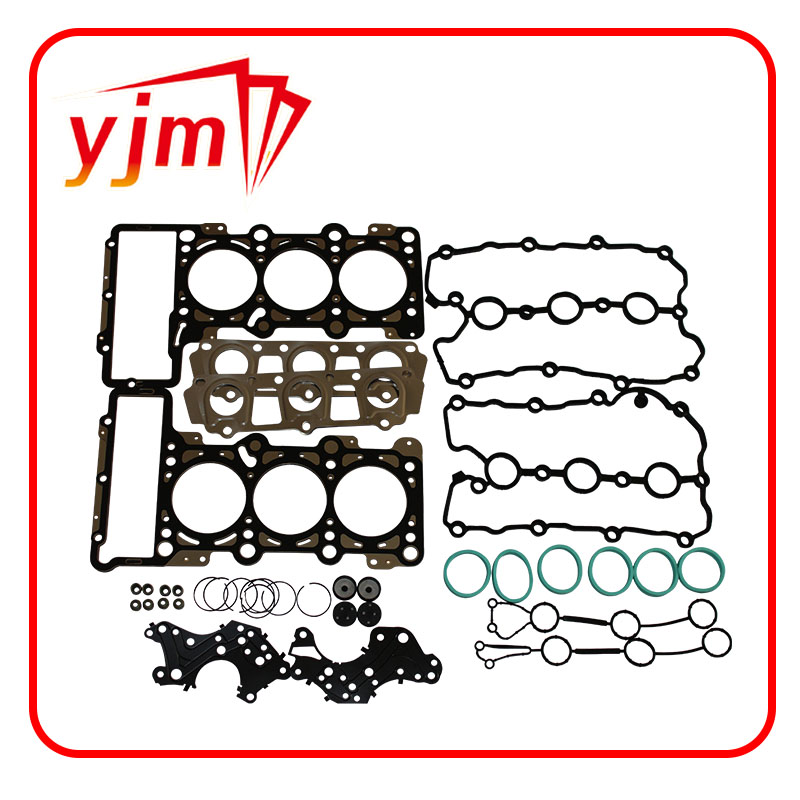marine wheel bearing
Understanding Marine Wheel Bearings Importance and Maintenance
When it comes to boating, one of the essential components that often goes unnoticed is the marine wheel bearing. This vital part ensures smooth operation of trailers, allowing boats to be transported safely and efficiently. Understanding the function, importance, and maintenance of marine wheel bearings is essential for boat owners who want to ensure longevity and reliability in their seafaring adventures.
What are Marine Wheel Bearings?
Marine wheel bearings are specialized components that allow the wheels of a trailer to spin freely around the axle. They are designed to endure the challenging marine environment, which often includes exposure to saltwater, sand, and various weather conditions. Unlike standard wheel bearings used in cars, marine wheel bearings typically feature seals that help prevent water intrusion and protect against corrosion. This is crucial as water ingress can lead to bearing failure and subsequent trailer accidents.
Importance of Marine Wheel Bearings
1. Safety A well-maintained marine wheel bearing is essential for safe towing. If a bearing fails while on the road, it can lead to loss of control over the trailer, pose risks to other road users, and potentially damage the boat being transported.
2. Performance Properly functioning wheel bearings contribute to the overall performance of the trailer. They enable smooth rotations of the wheels, which is vital for fuel efficiency and reducing tire wear.
3. Durability Marine environments can be harsh on equipment. High-quality marine bearings are designed with materials that resist rust and corrosion, ensuring durability even in the face of challenging conditions.
4. Cost-Effectiveness Maintaining marine wheel bearings can save boat owners money in the long run. By preventing major failures through regular maintenance, costly repairs or replacements can be avoided.
marine wheel bearing

Maintenance of Marine Wheel Bearings
To ensure that marine wheel bearings perform optimally, routine maintenance is essential. Here are some key steps that boat owners should follow
1. Regular Inspections Visual inspections of wheel bearings should be part of the routine check before towing. Look for signs of wear, rust, or water intrusion. Any odd noises during towing should be investigated immediately.
2. Greasing Wheel bearings require lubrication to function correctly. Depending on the type of bearing system, boat owners need to keep them adequately greased. There are various greasing methods, including using grease guns or pre-packed bearings. Always use marine-grade grease to ensure optimal protection against water damage.
3. Seal Checks Ensuring that the seals are intact and functioning is crucial. Damaged seals can lead to water entry, negating the protective benefits of using marine wheel bearings.
4. New Bearings Installation It is advisable to replace wheel bearings at regular intervals or if any signs of failure/ wear are detected. Choosing high-quality bearings designed for marine use can significantly affect performance and longevity.
5. Post-Use Maintenance After a boating season or after a long trip, it’s wise to take the time to check the wheel bearings. Removing them for a thorough inspection and re-lubrication helps ensure that they are in good condition for future use.
Conclusion
Marine wheel bearings may not often be the center of attention in boating discussions, but their importance cannot be overstated. They play a crucial role in the safety, performance, and longevity of boat trailers. By understanding how they function and implementing routine maintenance practices, boat owners can ensure a safer and more enjoyable experience on the water. Ultimately, investing time in the upkeep of marine wheel bearings is an investment in peace of mind and reliability for any boating adventure.
-
Understanding the Front Main Engine Seal: Purpose, Maintenance, and Installation
News Jul.29,2025
-
Understanding O-Rings and Seal Rings: Types, Applications, and Custom Solutions
News Jul.29,2025
-
Understanding Crankshaft Oil Seals: Rear Seals, Pulley Seals, and Their Role in Engine Integrity
News Jul.29,2025
-
The Importance of Front and Rear Crankshaft Seals in Engine Performance and Oil Management
News Jul.29,2025
-
Crank Oil Seals: Functions, Types, and Cost Considerations in Engine Maintenance
News Jul.29,2025
-
A Comprehensive Guide to O-Rings and Seals: Types, Materials, and Global Applications
News Jul.29,2025
-
Mastering Diesel and Performance Engine Maintenance: A Guide to Critical Oil Gaskets
News Jul.28,2025
Products categories















